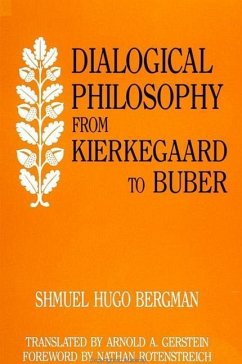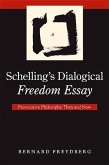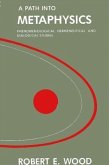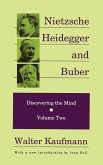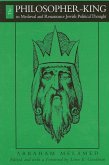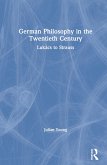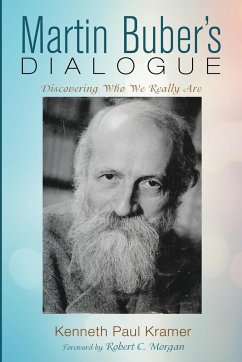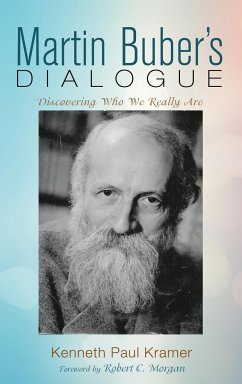This book introduces American readers to a philosophical and spiritual exemplar of dialogue. The author presents a way of thinking about ourselves, the world, and our relationship to God that is neither dualistic nor monistic. The thinkers presented in this book focus on a radical departure from objectivism and subjectivism. Kierkegaard, Feuerbach, Herman Cohen, Ferdinand Ebner, Eugen Rosenstock, Franz Rosenzweig, and Martin Buber were all trying to find a way to allow a transaction between self, the world, and God without foregoing either individuality or the experience of merging. Some of the issues covered in the book include the origins of philosophy; objective versus existential truth; irony, truth, and faith; ethics versus aesthetics; ethics versus religion; thought and language; love of God and neighbor; I-Thou and I-It in Nature, with people, and with God; and redemption in the world.
Hinweis: Dieser Artikel kann nur an eine deutsche Lieferadresse ausgeliefert werden.
Hinweis: Dieser Artikel kann nur an eine deutsche Lieferadresse ausgeliefert werden.

